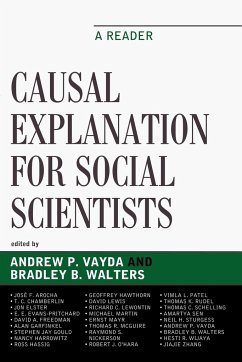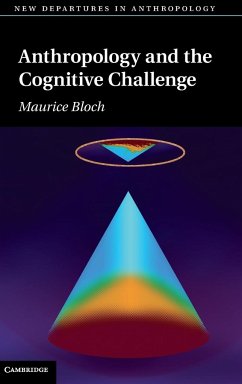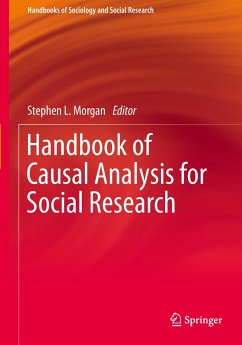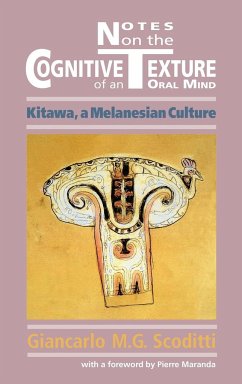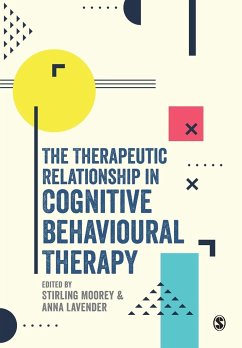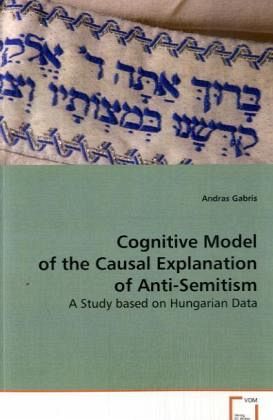
Cognitive Model of the Causal Explanation ofAnti-Semitism
A Study based on Hungarian Data
Versandkostenfrei!
Versandfertig in 6-10 Tagen
32,99 €
inkl. MwSt.

PAYBACK Punkte
16 °P sammeln!
The subjectively written content of the NewTestament have long been academically thought asone source responsible for the historical persecutionof Jews. Theological judeophobia is a cornerstoneof the models explaining anti-Semitism. However,recent history (and thepresent) involves the very differently evolvedpolitical anti-Semitism. If trying to explaincontemporaryprejudices and perception of Jewry, politicalanti-Semitism should be as important a factor as thetheological one. The causalexplanatory models discussed here are models whichusestatistical methods to analyze thecontribution of differ...
The subjectively written content of the NewTestament have long been academically thought asone source responsible for the historical persecutionof Jews. Theological judeophobia is a cornerstoneof the models explaining anti-Semitism. However,recent history (and thepresent) involves the very differently evolvedpolitical anti-Semitism. If trying to explaincontemporaryprejudices and perception of Jewry, politicalanti-Semitism should be as important a factor as thetheological one. The causalexplanatory models discussed here are models whichusestatistical methods to analyze thecontribution of different sources onto a finalphenomena, in this case anti-Semitism. Since theexistingmodels reviewed (including cognitive models) do notcontain the political factor, the most relevant modelis modified toaccommodate political anti-Semitism into it'sstructure. The statistical analysis isbased on a previously done, large Hungarianempirical survey project of anti-Semitism. The studyconcludes, that models including both source ofanti-Jewish sentiments are superior in explainingcontemporary anti-Semitism.



